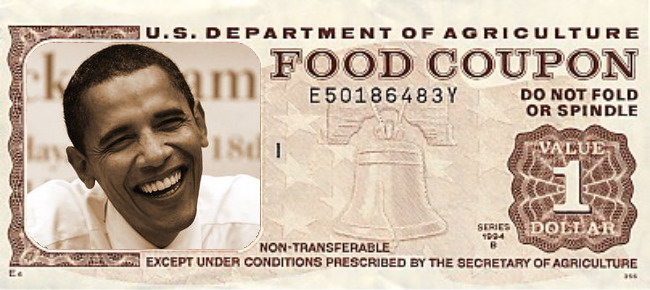 The federal government rejected Georgia’s attempt to drug test food stamps applicants. Governor Nathan Deal signed House Bill 772, with the intention it would go into effect July 1. The bill would have required state officials to test those applicants they had a “reasonable suspicion” of using illegal drugs.
The federal government rejected Georgia’s attempt to drug test food stamps applicants. Governor Nathan Deal signed House Bill 772, with the intention it would go into effect July 1. The bill would have required state officials to test those applicants they had a “reasonable suspicion” of using illegal drugs.
In whose authority was it to define “reasonable suspicion”? Would due diligence have been done to ensure that African-Americans, long the bearers of disproportionate scrutiny, were not more likely to deemed suspicious? Suspected applicants would have had to pay a $17 fee to prove their innocence.
Robin Bailey of the USDA wrote a letter to GA saying, in essence, “NO, NOPE, CAN’T HAPPEN, IT’S NOT IN YOUR AUTHORITY TO CHANGE OUR RULES.” Read the letter, here. To quote it,
FNS policy prohibits States from mandating drug testing of [Supplemental Nutrition Assistance Program] applicants and recipients. Section 5(b) of the Food and Nutrition Act and 7 C.F.R 273.2(a) expressly prohibit States from imposing additional standards of eligibility for SNAP participation.
Bill 772 was a scaled back attempt to drug test the state’s food stamps applicants. A 2012 bill would have drug tested all applicants effective 2016. The earlier law was allowed to die after a court smacked down Florida’s similar law.
- Food Stamps participants have been shown as LESS likely to use drugs than the general population. Drugs are expensive, poor people don’t have money, and many already work in blue collar occupations that requiring testing. Users, who are eligible for SNAP based on income, may not have the wherewithal to deal with the bureaucracy necessary to get benefits.
- Similar incentives in Florida and Indiana were cost-ineffective. It’s more money to test than was saved in benefits.
- There is good evidence that the Florida initiative was rife with corruption. Rick Scott’s wife stood to make BANK off the bill, transferring public wealth into Scott’s household.
- Should poor drug users not eat? Is there a social benefit of giving people who may be strung out a meager portion of our national budget to eat (even understanding they may sell or exchange the benefits)? American money is used for worse.
- The Federal government finances all SNAP benefits, so the State wouldn’t be saving their money. However, the extra administrative costs would be carried by the State.
- Weeks before Bill 772 was passed, Federal officials warned GA that they had 30 days to straighten up their SNAP distribution or else. The State subsequently spent millions hiring contractors to boost staff and pay overtime to their own employees. What sense does it make for the legislature to expand their employees’ workload when they appear ill-equipped or under-resourced to handle the current load?